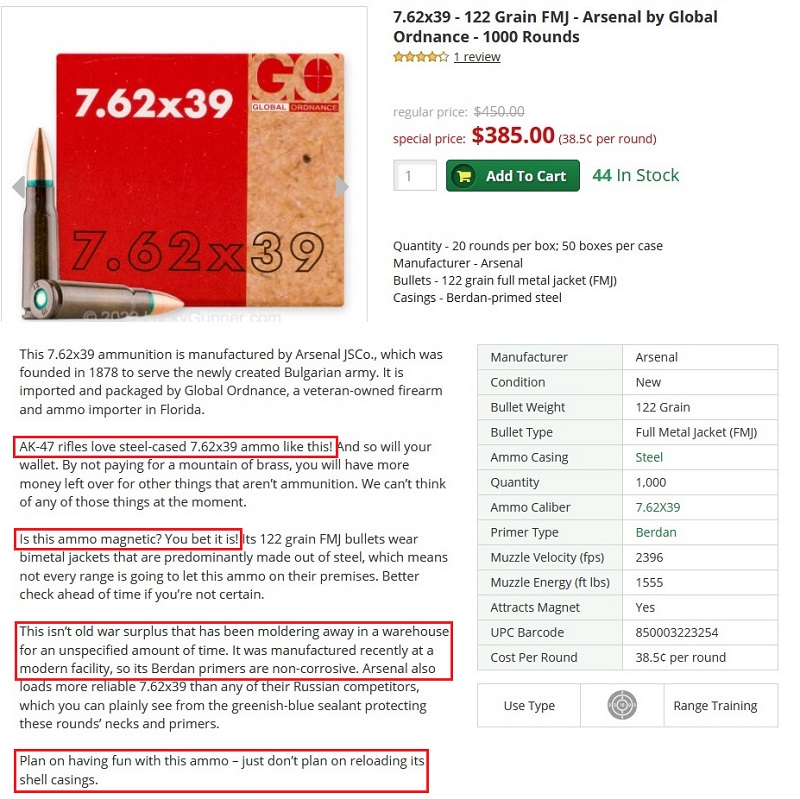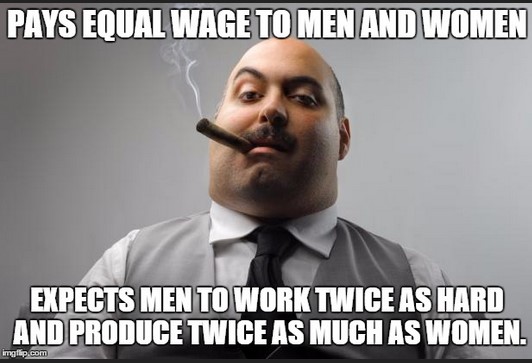Oh, how pleasant. First, from the Democratic Soviet of Minnesoduh:
About 15,000 nurses in Minnesota walked off the job Monday to protest understaffing and overwork — marking the largest strike of private-sector nurses in U.S. history.
Slated to last three days, the strike spotlights nationwide nursing shortages exacerbated by the coronavirus pandemic that often result in patients not receiving adequate care. Tensions remain high between nurses and health-care administrators across the country, and there are signs that work stoppages could spread to other states.
Interesting, that. It’s not like the hospital administrators can just round up random people in the streets and say, “Hey, wanna job?” (although I suspect that Parkland in Dallas has been doing just that for years already).
Round about now, I bet those same hospital administrators kinda regret firing all those people for refusing to be guinea-pigs for an untested vaccine.
Anyway, the next bit of end-of-summer cheer comes from the railroads:
The International Association of Machinists and Aerospace Workers (IAM) said on Wednesday that its members rejected a tentative deal by its leaders intended to avoid a nationwide railroad strike.
BNSF, CSX, Norfolk Southern, and Union Pacific — four of the nation’s largest rail lines — announced embargoes on certain shipments earlier this week as negotiations continued, although 10 of the nation’s 12 largest railroad unions had tentatively endorsed an agreement outlined by the White House. However, IAM — which was originally among the 10 unions — announced its members rejected the deal.
Strikes could begin later this week if union leaders and rail companies fail to make a deal. House Majority Leader Steny Hoyer (D-MD) said on Monday that Congress, which has the authority to block strikes, would intervene “if needed.”
Supply chain bottlenecks driven by labor shortages and worldwide government lockdowns have impacted the American economy over the past two years, leading to inflationary pressures as consumer goods fail to reach shelves. The daily cost of a nationwide rail shutdown could amount to $2 billion, according to a report from the Association of American Railroads, which noted that trucking companies and other alternatives do not presently have the capacity to carry freight previously handled by rail lines.
Hands up all those who think that the current Administration has the ability to prevent either of these — oh, none of you, huh?
Me neither.


